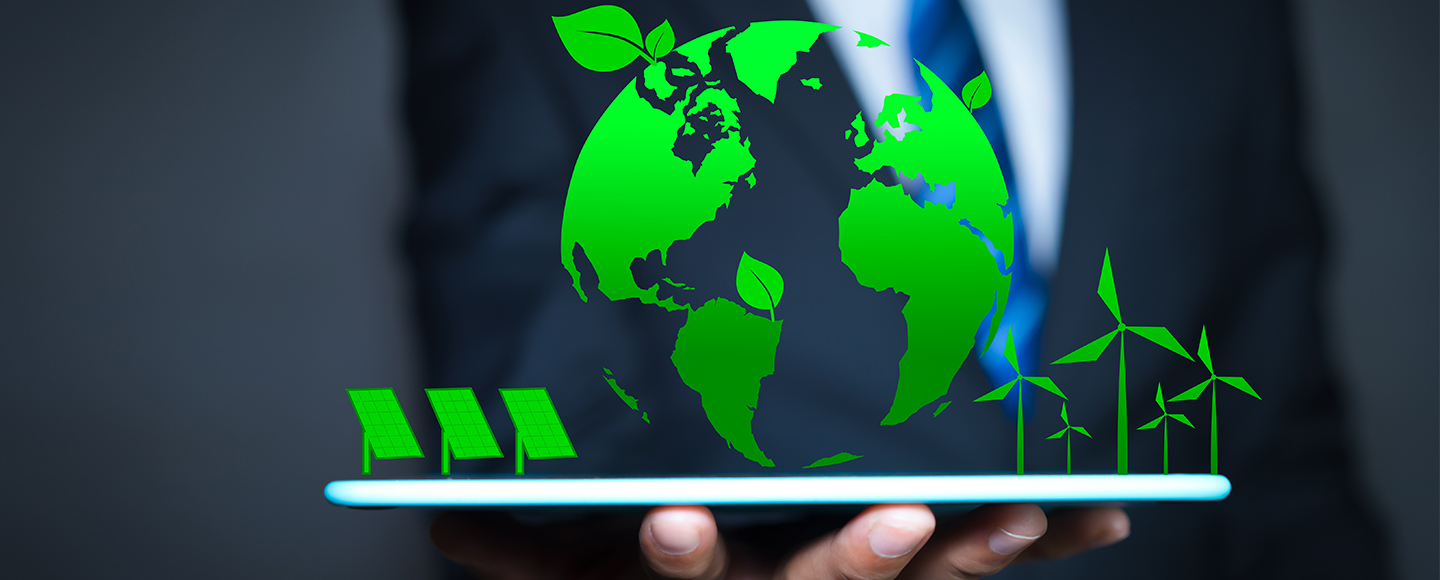
Green models and sustainable finance, the new challenge to restart
9 September 2020“I am firmly convinced that the restart phase after Covid-19 must go in the direction of redefining a fair and green model of development”, Maria Luisa Parmigiani recently declared during an interview: she is the Sustainability Manager for Unipol Group and Executive Director of the Executive Master in Sustainability and Business Innovation.
For the next three years she will lead the Csr Manager Network, the association that in the last 14 years has been representing sustainability-related professions in Italy. “Following the pandemic, after worrying initially for employment continuity, there has been a strong entrepreneurial opinion movement about the need to keep aspects linked to sustainable finance as priorities. This means that the Green New Deal was reconfirmed as one of the fundamental tools for the productivity and capacity recovery process of European businesses. From this point of view, it becomes essential for companies to rethink themselves and to submit projects in a new innovation-based framework, to have access to the sums made available for investments.
Additionally, with Europe approving and signing the Paris COP21 objectives, the European Commission found itself in the position of investing much more than the resources it would have at its disposal, to achieve the transition objectives of the economic model. For this reason, 4 years ago a path was started that lead to the development of a Sustainable finance action plan, which last month produced an important result, that is, the approval of the taxonomy. This is the regulation that defines which are the private investments that can be considered sustainable because they contribute to the climate change mitigation objective.
Another four environmental topics are provided for and will, step by step, be added to the taxonomy, which will become a fundamental instrument based on which finance will define its investments, therefore those who have the capitals, but it is also the instrument through which companies must provide complete and appropriate information to be able to access the funds. Hence, an important process of renewal and assessment of those indicators that allow for a complete evaluation is underway.
Sustainability is a profoundly technical competence: for this reason, we need experts who are able, within the companies, to implement policies and instruments, but also experts who are able to put in place mechanisms of interaction with the other market players. Dealing with sustainability is an increasingly specialistic and technical job, especially in this international context: good values and good will are not enough, cross-cutting, and multifaceted skills are needed. Logical skills connected to the ability of breaking down and analyzing processes are essential, with figure-related skills, a very high inclination to team working and leadership to bring organizational functions on board. Last but not least, fluency in English, as this is an international field, not local at all.
The awareness of companies about the need for innovation, to go towards sustainability was already something that existed before Covid. The pandemic has spread the awareness, which was less common before: now it concerns everyone”.
Author: Maria Luisa Parmigiani
